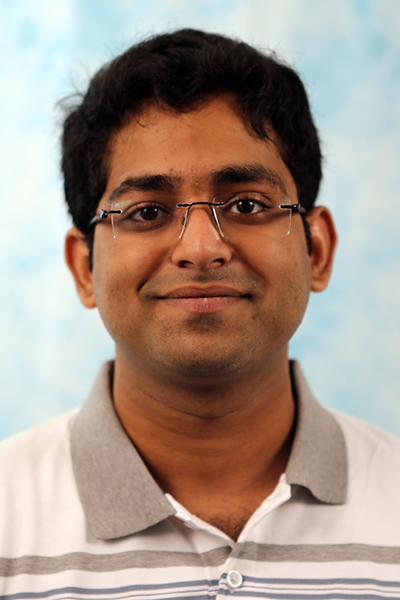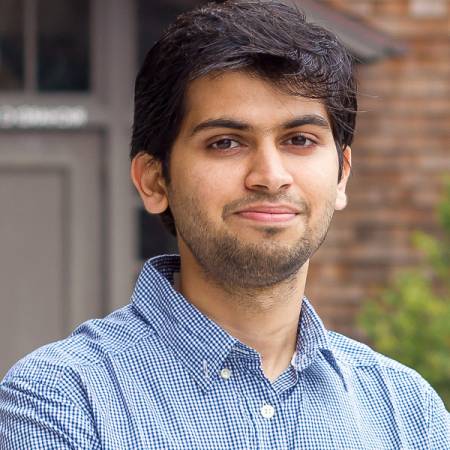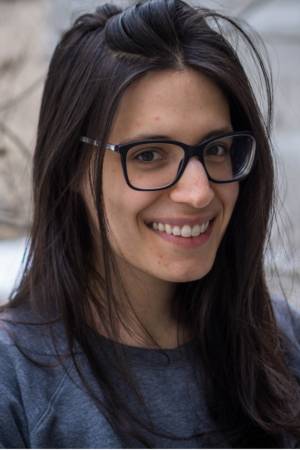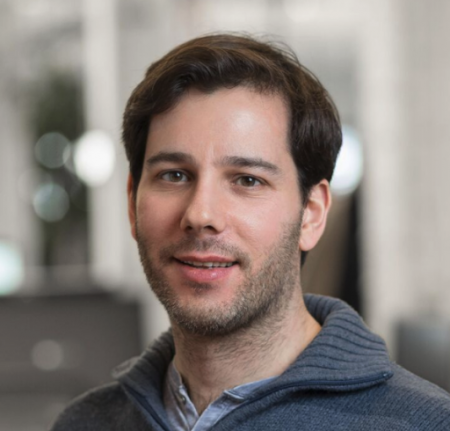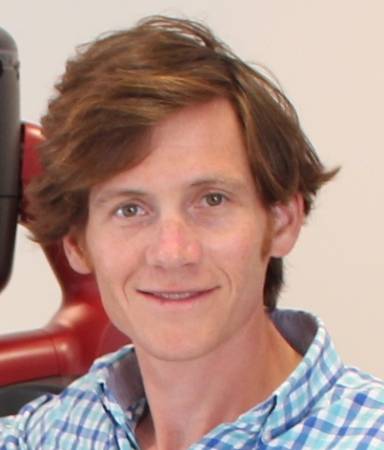3D Recognition with self-supervised learning and generic architectures
Abstract: Supervised learning relies on manual labeling which scales poorly with the number of tasks and data. Manual labeling is especially cumbersome for 3D recognition tasks such as detection and segmentation and thus most 3D datasets are surprisingly small compared to image or video datasets. 3D recognition methods are also fragmented based on the type [...]
Carnegie Mellon University
Heuristics for routing and scheduling of Spatio-temporal type problems in industrial environments
Abstract: Spatio-temporal problems are fairly common in industrial environments. In practice, these problems come with different characteristics and are often very hard to solve optimally. So, practitioners prefer to develop heuristics that exploit mathematical structure specific to the problem for obtaining good performance. In this thesis, we will present work on heuristics for 3 different [...]
Computational Light Transport with Interferometry
Abstract: Optical interferometry is the measurement of small, sub-wavelength distances by exploiting the wave nature of light. Due to its capability to resolve micron-scale displacements, it has found widespread applications in biomedical imaging, industrial fabrication, physics, and astrophysics. In this thesis, we introduce a set of techniques we call computational interferometry, that bring the benefits [...]
Rapid Adaptation for Robot Learning
Abstract: How can we train a robot to generalize to diverse environments? This question underscores the holy grail of robot learning research because it is difficult to supervise an agent for all possible situations it can encounter in the future. We posit that the only way to guarantee such a generalization is to continually learn and [...]
Carnegie Mellon University
3D Reconstruction using Differential Imaging
Abstract: 3D reconstruction has been at the core of many computer vision applications, including autonomous driving, visual inspection in manufacturing, and augmented and virtual reality (AR/VR). Despite the tremendous progress made over the years, there remain challenging open-research problems. This thesis addresses three such problems in 3D reconstruction. First, we address the problem of defocus [...]
Robotic Cave Exploration for Search, Science, and Survey
Abstract: Robotic cave exploration has the potential to create significant societal impact through facilitating search and rescue, in the fight against antibiotic resistance (science), and via mapping (survey). But many state-of-the-art approaches for active perception and autonomy in subterranean environments rely on disparate perceptual pipelines (e.g., pose estimation, occupancy modeling, hazard detection) that process the same underlying sensor data in [...]
Humans, hands, and horses: 3D reconstruction of articulated object categories using strong, weak, and self-supervision
Abstract: Reconstructing 3D objects from a single 2D image is a task that humans perform effortlessly, yet computer vision so far has only robustly solved 3D face reconstruction. In this talk we will see how we can extend the scope of monocular 3D reconstruction to more challenging, articulated categories such as human bodies, hands and [...]
Enabling Grounded Language Communication for Human-Robot Teaming
Abstract: The ability for robots to effectively understand natural language instructions and convey information about their observations and interactions with the physical world is highly dependent on the sophistication and fidelity of the robot’s representations of language, environment, and actions. As we progress towards more intelligent systems that perform a wider range of tasks in a [...]
Looking behind the Seen in Order to Anticipate
Abstract: Despite significant recent progress in computer vision and machine learning, personalized autonomous agents often still don’t participate robustly and safely across tasks in our environment. We think this is largely because they lack an ability to anticipate, which in turn is due to a missing understanding about what is happening behind the seen, i.e., [...]
Robots that Learn through Language
Abstract: Advances in perception have been integral to transitioning robots from machines restricted to factory automation to autonomous agents that operate robustly in unstructured environments. As our surrogates, robots enable people to explore the deepest depths of the ocean and distant regions of space, making discoveries that would otherwise be impossible. The age of robots [...]

